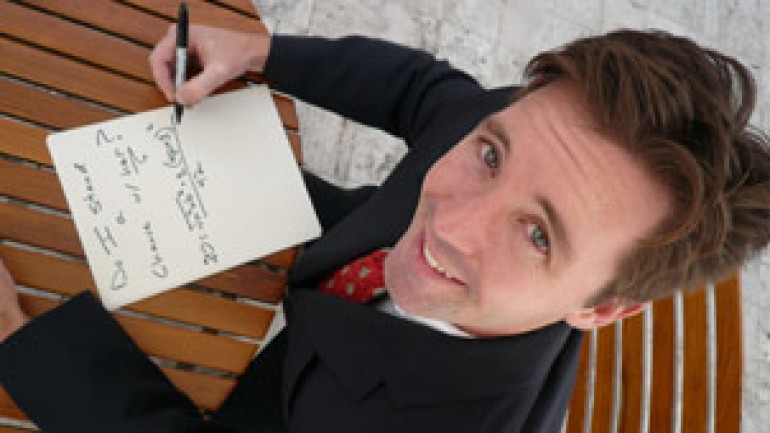We are bad at making decisions. According to science, our decisions are based on oversimplification, laziness and prejudice. And that’s assuming that we haven’t already been hijacked by our surroundings or led astray by our subconscious!
Featuring exclusive footage of experiments that show how our choices can be confounded by temperature, warped by post-rationalisation and even manipulated by the future, Horizon presents a guide to better decision making, and introduces you to Mathematician Garth Sundem, who is convinced that conclusions can best be reached using simple maths and a pencil!




movie not loaded
movie not loaded
People are bad at making decisions, so luckily there are statisticians and mathematicians to fix our bad decision making skills.
Except, that our cognitive processes are very complex evolutionary mechanisms that are highly tuned to keep us alive. Are they really suggesting that some researchers know better than millions of years of evolution?
When it comes down to it, math is a language, and statistics are merely mathematical abstractions.
This program is essentially telling us to embrace science fiction to better our lives. No thanks.
We actually have two ways of making decision: snap judgements and careful reasoned thought. Unfortunately, we’re very bad at working out which one of the two we’re using at any given time. The slower, more carefully reasoned, thought process takes a lot more energy than the snap judgement.
In fact, there’s a documented study where judges in a court of law were given dice to roll before they passed sentence; the ones with the loaded dice typically gave higher sentences than the others. It’s a phenomenon where the last number seen affects decisions, but it affects only the unconscious mind; that part of us that is in control of snap judgements. Additionally, the dice roll had a larger effect before the judges ate lunch than afterwards.
Here’s an entertaining podcast that explains the phenomenon and details the study in question: http://www.cracked.com/podcast/why-your-unconscious-mind-smarter-than-you/
I also urge you to use the information provided in the podcast to look up the details of the study for yourself.
Frankly, I would advise people to not make life-altering decisions until after lunch, when they had the energy to spare on careful decision-making, rather than relying on mathematics.
Except that todays living conditions differ vastly from the ones that formed these cognitive processes you were talking about.
Maybe its time to throw some of the ones we no longer need overboard.